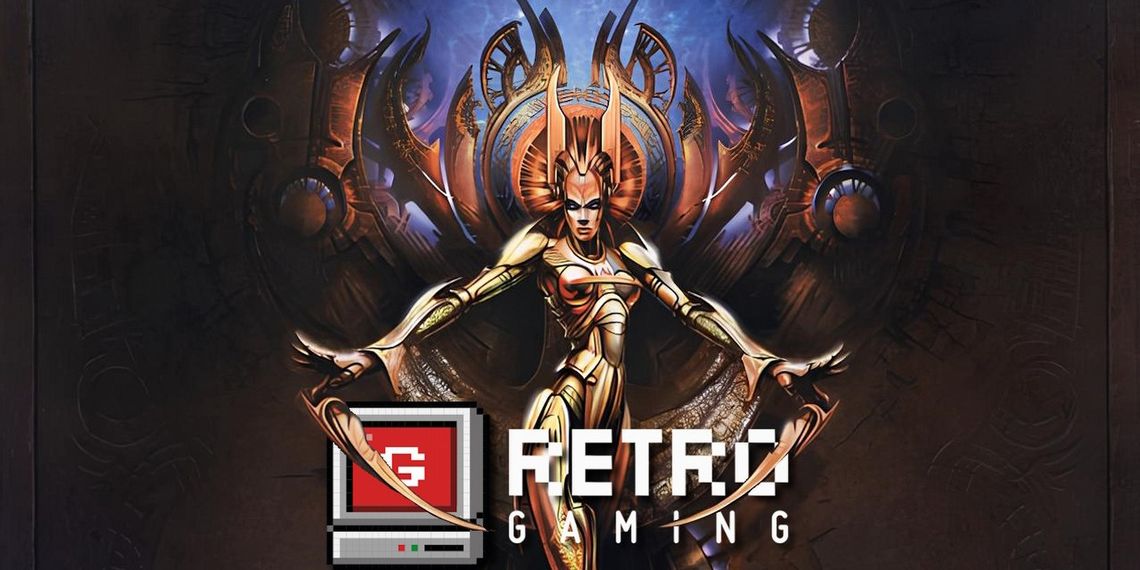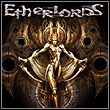This Game Combined Features of Heroes and Magic the Gathering. Etherlords Had No Mercy for Newcomers
At a time when the Heroes of Might and Magic series was still at its peak, the Nival team took on a seemingly impossible task and launched an assault on the territory it had seized. Etherlords drew handfuls from the legacy of the iconic series, but also introduced ideas of its own.

Fans of the Heroes of Might and Magic series were eagerly anticipating the release of its fourth installment in 2001. The void that was created between the third and fourth "Heroes" was decided to be filled by the Russian team Nival. These developers created Etherlords, drawing inspiration from the flagship New World Computing series and the card game Magic the Gathering. Let's see what came out of this combination.
If you have no idea what something is about, then it is about the Ether
Etherlords took us on a journey to the fantastic world of ether, a magical substance whose effect can be compared to mana. There were four warring factions battling for dominance. We are talking about the Kinets associated with water, the Vitals closely connected with nature, the Synthets improving themselves with the help of metal, as well as the Chaots dealing with shamanism and playing with fire and lightning.
The game had two story campaigns; the first was devoted to Kinets and Vitals, while the second was devoted to Synthetes and Chaots. Throughout the following missions, we seized control of a chosen faction and guided it to triumph, enabling it to ultimately face the White Lord, who held dominion over the entire ether.
Furthermore, Etherlords offered individual scenarios, as well as duels to which we sent our own characters. In these last ones, we could compete with heroes controlled by AI, as well as with characters created by other players.
Thanks to the familiar gameplay pattern, fans of the Heroes of Might & Magic series could feel at home in Etherlords. Basically, the game revolved around two main elements, with the first being the turn-based exploration of maps presented from a bird's eye view, embodied in the character representing the faction chosen by the player.
Because the game's economy was based on various raw materials, our primary goal while traversing the lands was to take control of buildings and objects that provided these resources, in addition to completing the assigned quests. Besides, shops played an important role, where we could stock up on various spells. Of course, our role wasn't limited to taking over successive buildings; wanting to get the most out of them, we had to improve them as we progressed, which required investing resources. Concluding the topic of buildings, it's worth mentioning the castle, which had to be the apple of our eye and we couldn't lose it for anything.

Fight!
In Etherlords, the second aspect of gameplay involved clashes with opponents also conducted in a turn-based mode. During the fights, we played cards drawn randomly from our collection, which corresponded to individual spells, attacks, or skills of our characters. Thanks to them, we were able to inflict damage on enemies, summon additional forces to the battlefield, as well as provide various improvements to our subordinates, and cast weakening effects on enemies. This was complemented by the special abilities of individual units, which could give them an advantage over opponents (for instance, in the form of priority of attack).
We acquired new cards, and thus new combat capabilities, in the aforementioned stores. The rule was simple - the more developed a place was, the better cards we could buy there. Moreover, in order to use a specific spell, we also had to assign runes to it, which... we also purchased from stores. As we progressed, Etherlords heroes gained experience points and advanced to new levels.
Finishing the mechanics topic, it's worth noting that Etherlords didn't give any breaks to novice players. The high level of difficulty quickly eliminated inexperienced players from the game, according to many, even being considered too high or impossible. Regardless of what you say, the game targeted experienced players or those with enough determination to try to understand the rather complex rules that governed the gameplay.
Finally, it's worth mentioning that the visual design of Etherlords made a truly impressive impact. Both the meticulously designed units and the effects that come with casting spells could be stunning. Today, the described title still looks fairly good, although it has been heavily affected by the passage of time.

What happened next?
Since Etherlords was well received by players and reviewers, the developers took advantage of the opportunity and, after less than two years, released a sequel titled Etherlords II. In 2014, the brand once again reminded about itself through a mobile spin-off, bearing the name... Etherlords (although prepared by a different studio).
In the meantime, Ubisoft started looking for a new team that could take over the Heroes of Might & Magic series. This led to collaboration with Nival studio, resulting in the fifth installment of the series. Nevertheless, that's a topic for a completely different story...
How to play Etherlords today?
Etherlords is available on both GOG.com and Steam. On this first platform, the title costs $5.99, while in the Valve company store - $4.99.
- Strategy mixing AoE and Total War. In Warrior Kings, we built our own state, planning revenge on our oppressor
- We played Heroes of Might and Magic: Olden Era. It's an evolution of proven ideas from previous installments
- Open world that overwhelmed in size. True Crime: Streets of L.A. started a short GTA-style series
- A fan discovered a completely battered PS1 display from the 90s and turned it into something every PlayStation player would love to own
- The ‘worst game ever made’ is coming to Steam. The legendary truck racing disaster is tagged as psychological horror
